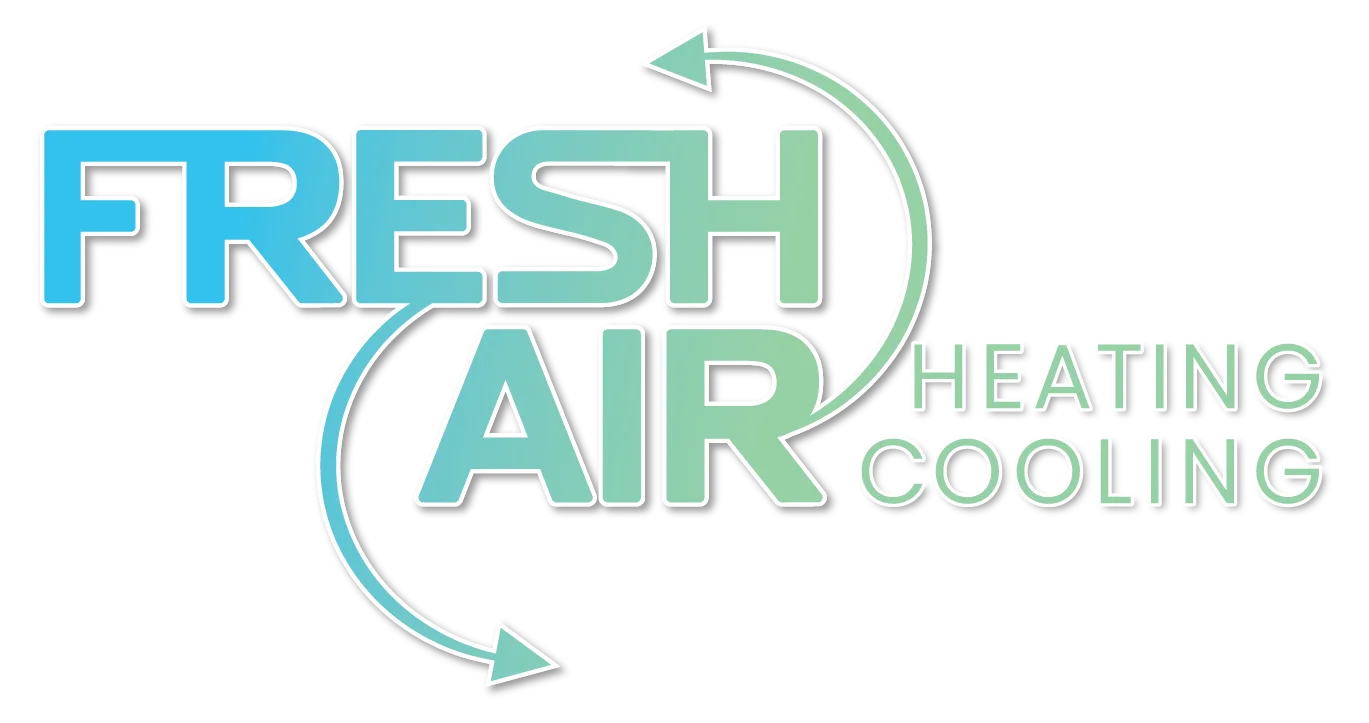If you’re a homeowner in Ballwin, MO, you know that air conditioning is a must here in the summertime. There are several types of whole-home AC systems available. Here’s the difference between single- and variable-speed AC systems.
Speeds vs. Phases and Why It Matters
Right off the bat, it’s important to understand some of the terminology used to describe modern AC systems. The terms speeds and phases both describe important aspects of an AC system, but they aren’t interchangeable. One refers to the capabilities of the motors within a system, while the other describes its power requirements.
What’s a Single-Phase AC System?
Single-phase AC systems are the most common type of residential whole-house central air conditioning systems. To understand why that is, you must first understand a little bit about residential electrical service.
Electricity transmission systems rely on the alternating current standard. Using that standard, high-voltage electricity passes through wires, alternating in a waveform pattern. A phase is the technical term for those waveforms.
A single electrical phase can supply plenty of power for the average household or non-industrial commercial building. It can support either 120 or 240-volt outlets, depending on the building’s needs. For that reason, single-phase electrical service is the standard in most homes in Ballwin.
Single-phase AC systems rely on motors built to operate on single-phase electricity. They provide plenty of cooling power for all but the largest homes or commercial buildings.
What Are Three-Phase AC Systems?
Used mostly in industrial and large commercial settings, three-phase AC systems take advantage of high-capacity electrical service. Three-phase electrical service provides a steady high-voltage power supply for large industrial equipment. This means three-phase AC systems can offer higher cooling capacity through the use of motors with more horsepower.
Three-phase AC systems also tend to be more energy efficient than their single-phase counterparts. This is because three-phase electrical service loses less energy in transmission. That results in more efficient operations and lower cooling costs.
Unfortunately, three-phase power isn’t an option for most residential buildings. So you must instead seek better AC efficiency elsewhere.
Single and Variable-Speed AC Systems
The good news is that you do have some options when it comes to extra AC system efficiency. That’s where variable-speed AC systems come into play. They offer cheaper operation by adjusting to cooling needs on the fly.
Most residential air conditioners, particularly older ones, operate at a single speed. This means all of the system’s fans operate at their maximum speed whenever you turn on the air conditioner. Needless to say, that’s often overkill on anything but the hottest days.
Variable-speed AC systems have motors that can operate at more than one speed. So when your home’s not very hot, they’ll use far less electricity to keep the indoor temperature stable. Some variable-speed AC systems operate at around 40% of their maximum speed most of the time, yielding significant savings.
Bringing It All Together
It’s important to note that both single-phase and three-phase air conditioners, can have variable-speed motors. And as the years go on, it’s reasonable to expect that they’ll become common in both homes and commercial buildings. They offer energy efficiency that single-speed systems can’t match.
That extra efficiency, however, comes at a cost. Single-speed air conditioners, are less costly upfront, which is why they’ve been the de-facto standard in homes for so long. So if you’d like to take advantage of variable-speed efficiency, you will have to spend more upfront to do it.
The bottom line here is that an informed consumer is better equipped to make smarter decisions about their home’s AC system. And now you know the differences between single-phase, three-phase, single-speed and variable-speed air conditioners, so you can choose between them. If you’re interested in installing a new AC system in your home, contact Fresh Air Heating & Cooling today!
Image provided by iStock

